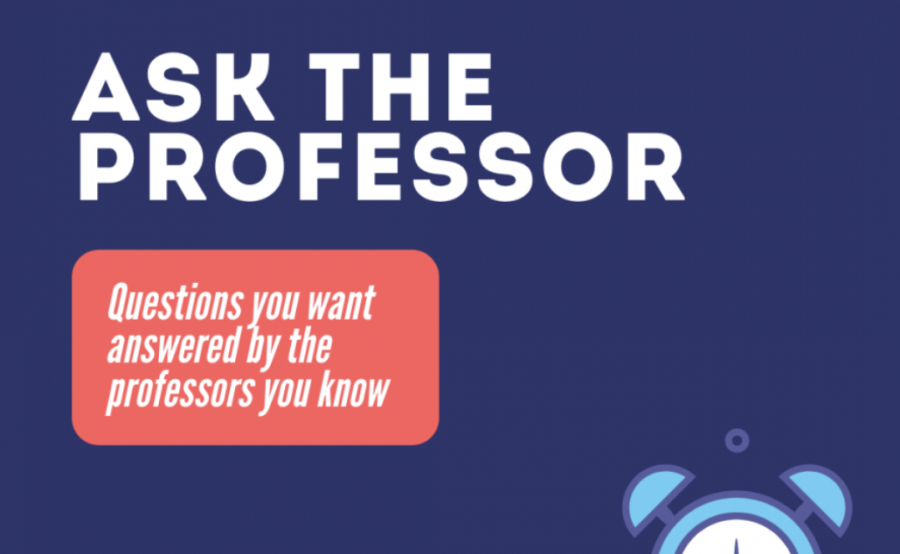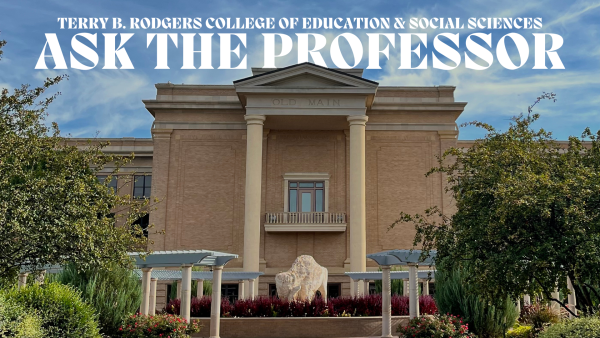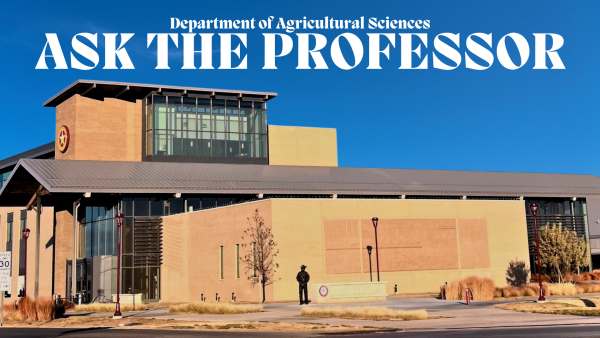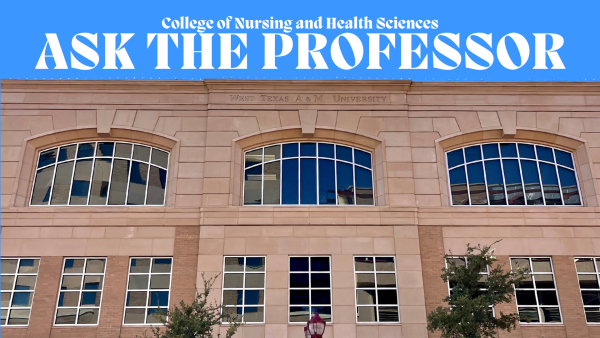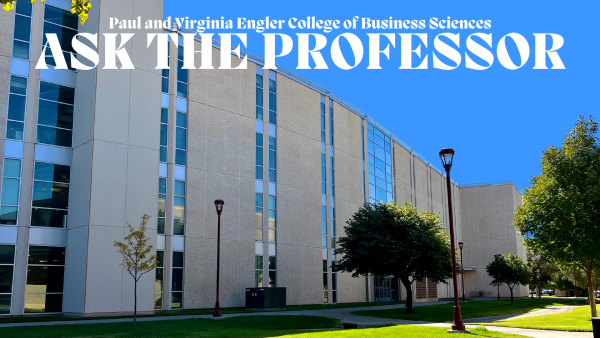Ask the Professor: Mr. Whigham, instructor of mechanical engineering
Mr. Whigham teaches freshman and sophomore level courses in mechanical engineering. In the interview, he speaks of the important aspects of learning as a freshman and sophomore at West Texas A&M University.
For engineering students and students who have to take courses in engineering, the article will be useful for you to know how to proceed in your degree, especially for those who are at the beginning of their educational journeys.
Whigham instructs students in the fundamentals of engineering, engineering graphics and occasionally college algebra.
“A lot of the students are fresh out of high school,” Whigham said, “They need to [apply] learning strategies to be successful in college.”
High school and college require different levels of educational attainment, and so the hours you put into work and the subjects you are learning will be vastly different.
Whigham spoke of the differences between learning in high school and learning in college. He notes the importance of highlighting these differences to students during class.
“I start on the very first day on my syllabus,” Whigham said. “On the last page, I have a list of tips on how to be successful in my courses. I provide that to my students every semester.”
As with the previous Ask the Professor article, it is important to use the services the school offers to gain assistance when you are struggling.
The important aspects of learning Whigham’s details are very similar to that of Mr. Tirey. There are aspects of college that are true across the board, but he also notes the importance of structuring your college life so that you have time for class and for socializing.
“In high school, we talk about an 80/20 rule,” Whigham said. “80 percent of the work students do in class, 20 percent [outside of class]. In college, that ratio flips. Plenty of research has been done to develop these tips.”
It is important for students to know the amount of effort it will take to obtain their degree and to make sure they are tracking their progress.
Whigham spoke of the importance of instilling motivation and consistency to freshman and sophomore students so they understand that to receive the degree at the end will require dedication and the knowledge of an end goal.
“I tell my students, you get an engineering degree,” Whigham said. “Then the opportunities are endless when you graduate. Even folks that might not want you as an engineer [will see] this student knows how to get stuff done.”
Learning and applying the strategies will ensure that you become more employable once you graduate.
Whigham wants students to know that it is important to seek help when you need it, and he is more than happy to help.
“Ask for help, structure your life to achieve your goals,” Whigham said. “But at the same time, you want to work smart as well. Make sure you know what needs to be done before you start. If you’re taking time looking over the material, the more you do that the less hard you have to work because you know more.”



